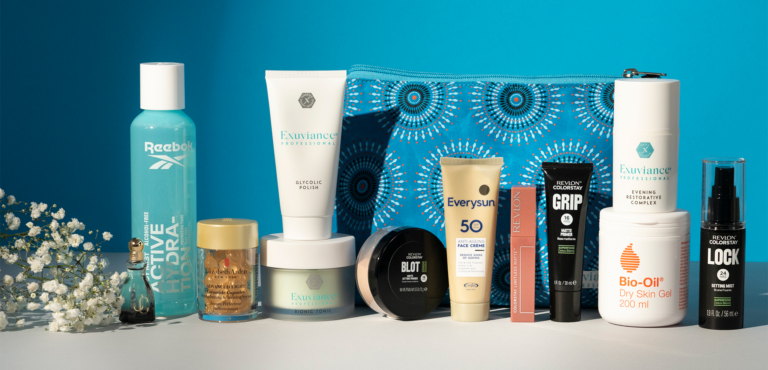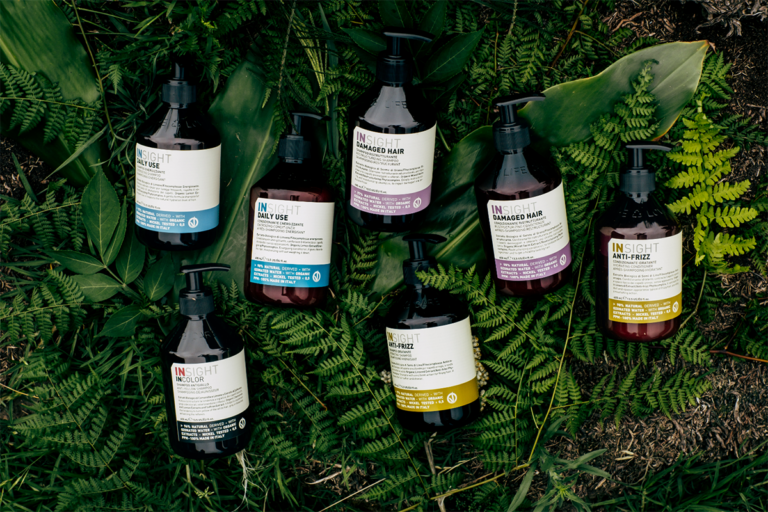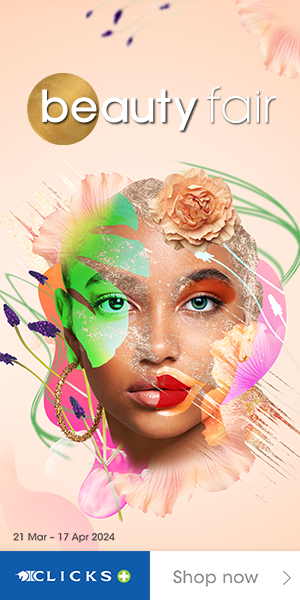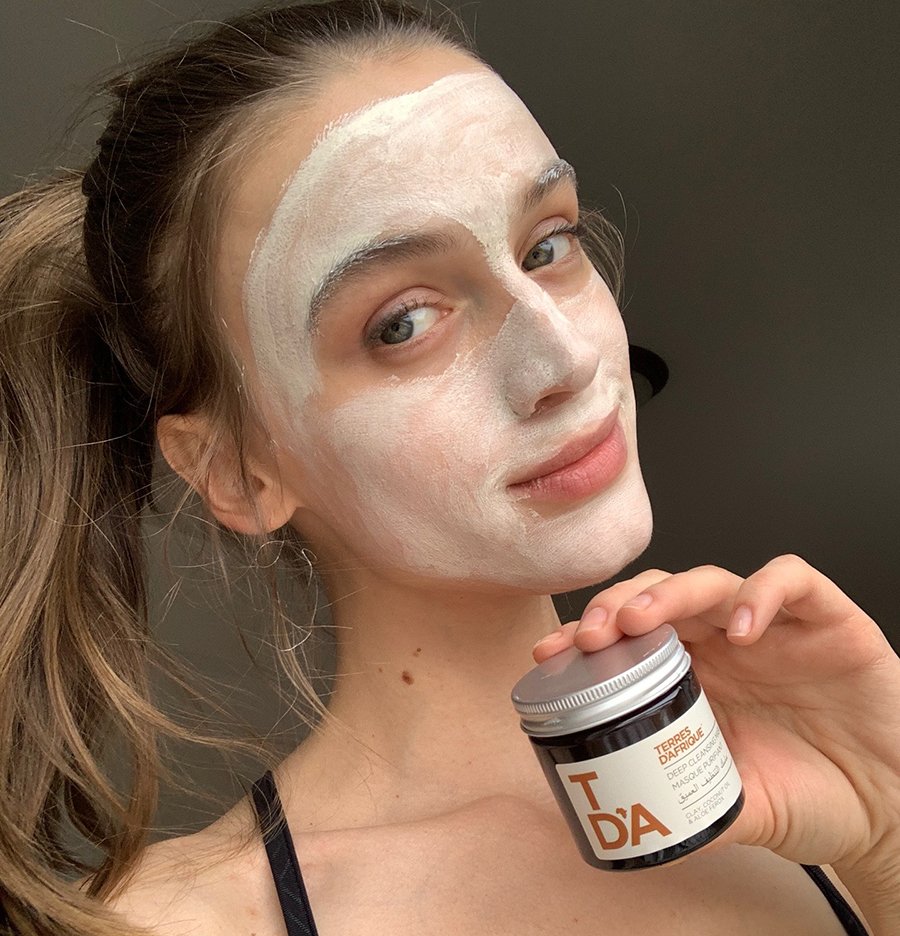
If you’ve engaged with any type of media recently, it’s almost guaranteed that you would have come across the term “clean beauty.” Natural, organic, clean and green cosmetics are taking the beauty world by storm, and in the past year there has been a global shift that saw consumers taking a bigger interest in the ingredients found in their products, as well as in the manufacturing process, the type of packaging used and whether or not the products are cruelty-free. In essence, consumers are becoming more conscious of what they buy, and more concerned about what they apply to their faces and bodies.
While the buzzword may be new, the concept of clean beauty certainly isn’t. In the ocean of brands that claim to be natural, organic or clean (some unsubstantiated!), there are a number of real clean beauty brands that are producing top quality products without the use of harmful ingredients, or unnecessary plastic packaging.
One of those is Terres d’Afrique, an organic skincare brand that combines the unique power of African botanicals with science-driven organic formulas to balance skin and nourish the senses. We were lucky enough to chat to Dr Stephan Helary, the founder and CEO of Terres d’Afrique, to find out more about what clean beauty really means:
What does clean beauty mean?
Clean beauty seems pretty self-explanatory and straightforward, however it is not the case and green washing is often misleading consumers. Most people associate the word “clean” with safe when it comes to beauty products. Safe means exempt of ingredients that are potentially harmful to your health such as hormone disruptors, carcinogenic molecules or simply skin irritants.
Our definition of clean goes far beyond just the impact of ingredients on human health, but includes environmental impact. We know very well the negative impact that pollution, from pesticide to plastic, has on the environment and consequently our health. Therefore, the definition of “clean beauty” must also encompass the amount and type of packaging used by beauty brands. If your ingredients are clean but your products are packaged in unnecessary, unsafe or unsustainable packaging such as plastic, then the products are not clean.
There are many scientific evidences of leaching of plastic molecules from packaging into the liquids contained in that packaging. Microplastic particles are now being found everywhere; not only in the oceans but also in tap water, raindrops, air and food we eat. Recent studies have shown microplastic particles in women’s placentas. Many of these plastic molecules are carcinogenic.
Green washing has consumers believe that plastic is recycled when in fact only 9% of plastic ever made has been recycled according to National Geographic. The equivalent of a garbage truck of single use plastic packaging ends up in the oceans every minute. Although it is almost impossible to avoid plastic altogether (pumps for instance), brands that claim to be clean must also ensure their packaging is clean and safe for human health and the environment.
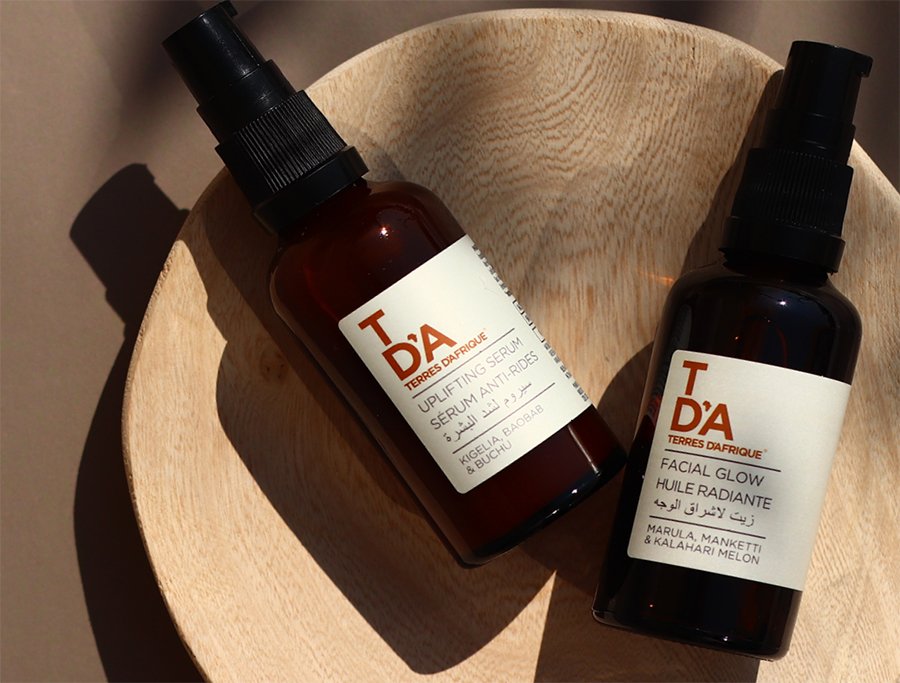
There is a lot of debate around beauty brand claims and regulations in the natural beauty sector, with many brands labelling their products as natural, when in actual fact, they are not natural at all.
This is due to a lack of strict regulations around advertising in the beauty industry. Are there certain criteria that a brand or product must meet in order to be deemed “clean”?
Many conventional beauty companies mislead the consumer by adding tiny amounts of natural ingredients in their mostly synthetic formulas and advertising it as natural. That said, even a 100% natural product wouldn’t necessarily be clean and safe if ingredients are produced from conventional farming practices, as they would be contaminated by harmful pesticides and fertilizers.
A good start would be for products to be certified organic as most organic certifications ban most common harmful ingredients. It also ensures that you have a minimum amount of organic certified ingredients in your formula, minimizing exposure to harmful pesticides and fertilizers. We would recommend using EU based organic certifying agencies such as Ecocert or Soil Association. The beauty industry in the USA is minimally regulated with only 11 cosmetic ingredients banned by the FDA, while the EU has banned 1,300 ingredients already. The EU has much stringent regulations than the US.
Don’t use plastic packaging, unless absolutely necessary for pumps and caps. Many countries are moving towards banning single use plastic packaging. Nowadays there are many other safer and environmentally friendly options. However, make sure these are sustainable. Bioplastic packaging isn’t. With an ever-growing population, demand for food production will increase between 25 and 70% by 2050. Using farmlands to create bioplastic isn’t sustainable.
Are clean beauty products organic by definition?
Being organic certified should certainly be a starting point.
Are clean beauty products free from traditional preservatives like parabens? If so, how are they preserved?
They should be free of traditional preservatives like parabens. Any hormone disruptor molecules should be avoided in clean beauty products. Anhydrous (water-free) products generally don’t require preservatives, as they are not prone to microbial contamination. For instance we do not use preservatives in our face and body oils. The right quality of carrier oils and essential oils should be sufficient to preserve these products.
Preservatives are necessary for water-based products to prevent microbes growing in the product. There are many natural preservatives available nowadays. We use Benzyl Alcohol and Dehydroacetic Acid, which meets Ecocert and COSMOS standards and are NaTrue Certified and Soil Association approved.
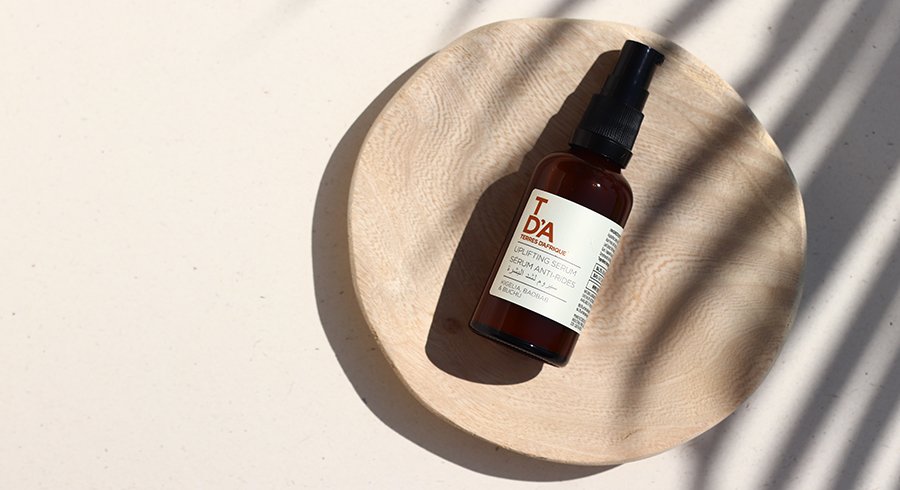
What are some of the benefits of following a clean beauty regime?
If the term “clean” refers only to the ingredients, then the main benefit is a reduced exposure to harmful chemicals that can cause hormonal disruption, cancer, skin irritation or worse, damage the nervous system. If the term “clean” also refers to packaging as we suggest, the added benefits are a cleaner environment and sustainable living.
If someone is looking to follow a clean beauty regime and they start shopping around, what should they look out for, and where should they start?
A good place to start is to look for an organic certified brand, preferably a European certification such as Ecocert or Soil Association. Try avoiding products with harmful ingredients such as parabens, phthalates, PEGs, ethanolamines, chemical sunscreens, synthetic fragrance, BHT, and BHA to name a
few. There are many sites that list potentially harmful ingredients. In the absence of regulations for standards for clean beauty, it is necessary for the consumer to educate themselves and make up their own mind about what is and isn’t acceptable. Avoid plastic packaging at all cost.
About Terres d’Afrique
Terres d’Afrique products contain pure, organic ingredients and are free from harsh chemicals and animal-derived additives. They make use of harvesting practices that honour and protect natural ecosystems and have committed to preserving the biodiversity of ecosystems from where they source ingredients.
Learn more at https://www.terres-dafrique.com/.
